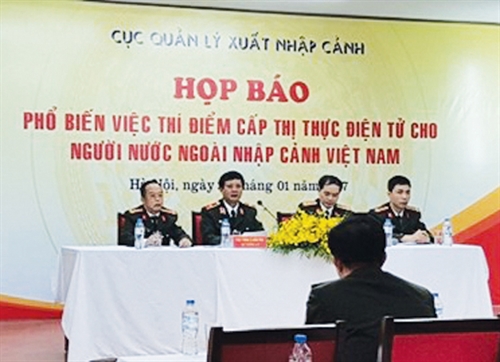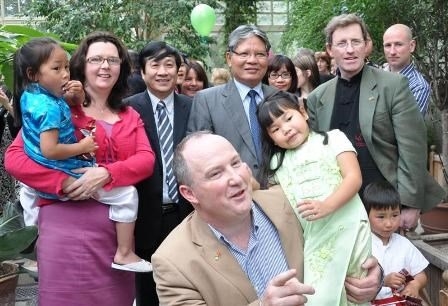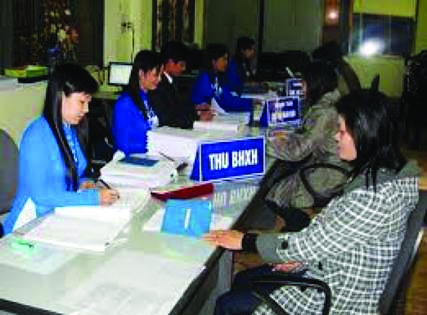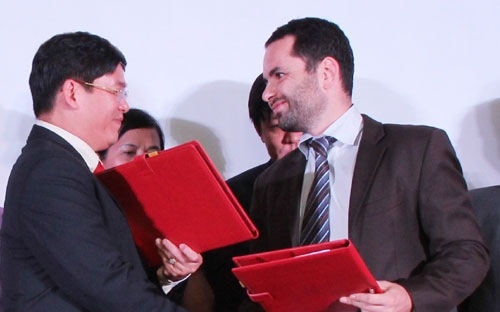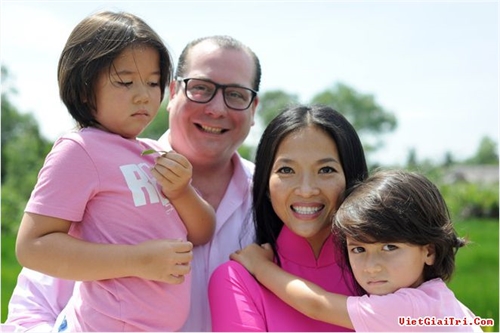I am from the United Kingdom and married to a Vietnamese. Our wedding was organized in Vietnam with presence of my wife’s family members though our marriage has not yet been officially registered. We have a five-year-old child. During my time in Vietnam, we bought two apartments, one for our residence and the other for lease, which both bear my wife’s name in land use rights and house ownership certificates. Regretfully, for some reasons we do not want to live together anymore. Can you explain whether I will be entitled to some part of our common property shared and child custody upon our separation?
According to Vietnam’s Law on Marriage and Family, a man and a woman eligible for getting married who cohabit as husband and wife without registering their marriage have no spousal rights and obligations. Their rights and obligations toward their children, property, obligations and contracts between them will be settled as follows:
- Property relations, obligations and contracts between a man and a woman cohabiting as husband and wife without marriage registration will be settled under an agreement between them. In case there is no such agreement, these relations, obligations and contracts will be settled in accordance with the Civil Code and other relevant laws.
- The settlement of property relations must ensure lawful rights and interests of women and children. Housework and other related work to maintain the cohabitation will be regarded as income-generating labor.
Under the 2015 Civil Code, co-owners jointly manage their common property on the principle of unanimity, unless otherwise agreed upon or otherwise prescribed by law.
Each co-owner of property under common ownership by share has the right to utilize, and enjoy yields and profits from, the common property corresponding to his/her share in the ownership rights, unless otherwise agreed upon or otherwise prescribed by law.
Owners of property under common ownership by integration have equal rights to utilize, and enjoy yields and profits from, the common property, unless otherwise agreed upon.
The division of property under common ownership is prescribed as follows:
“1. In case of divisible common ownership, each co-owner has the right to request the division of the common property; if the status of common ownership must be maintained within a specified time limit as agreed upon by the co-owners or prescribed by law, each co-owner has the right to request the division of the common property only upon the expiration of that time limit; where the common property cannot be divided in kind, the co-owner who requests the division of the property has the right to sell his share in the ownership rights, unless otherwise agreed upon by the co-owners.
2. In case a person requests one of the co-owners to fulfill his/her obligation and the latter owns no private property or the value of his/her private property is insufficient for making the payment, the former has the right to request the division of the common property and participate in such division, unless otherwise prescribed by law.
If a share in the ownership rights cannot be divided in kind or such division is opposed by the other co-owners, the obligee has the right to request the obligor to sell the latter’s share in the ownership rights for performing his/her payment obligation.”
In your case, you and your wife moved in together to cohabit as husband and wife without registering your marriage. Therefore, your common property will be divided under an agreement between you and your wife or will be settled in accordance with the Civil Code. To be eligible for this, you have to prove that the common property items, e.g. the two apartments, were bought by the shared money of you and your wife during your time living together. If such can be proved, you will have the right to request the division of these property items despite the fact that they bear your wife’s name. You may also own the apartment(s) if permitted by Vietnamese law to own residential houses in Vietnam.
You should be aware that the settlement of property relations must ensure lawful rights and interests of women and children after separation.
Regarding the child custody right in case parents have not registered their marriage, it is prescribed in the Law on Marriage and Family that children who are born regardless of their parents’ marital status should be cared for, raised and educated by their parents, married or unmarried, who no longer cohabit as husband and wife and who have equal rights and obligations to do so.
You and your wife may reach agreement on who will personally raise the child and on your and her obligations and rights toward the child after separation. If you and your wife cannot reach agreement, the court will appoint you or your wife to personally raise the child, taking into account the child’s legitimate interests.
The parent who does not personally raise the child must respect the child’s right to live with the parent who personally raises him, has the alimony obligation and has the right and obligation to regularly visit the child.- (VLLF)

